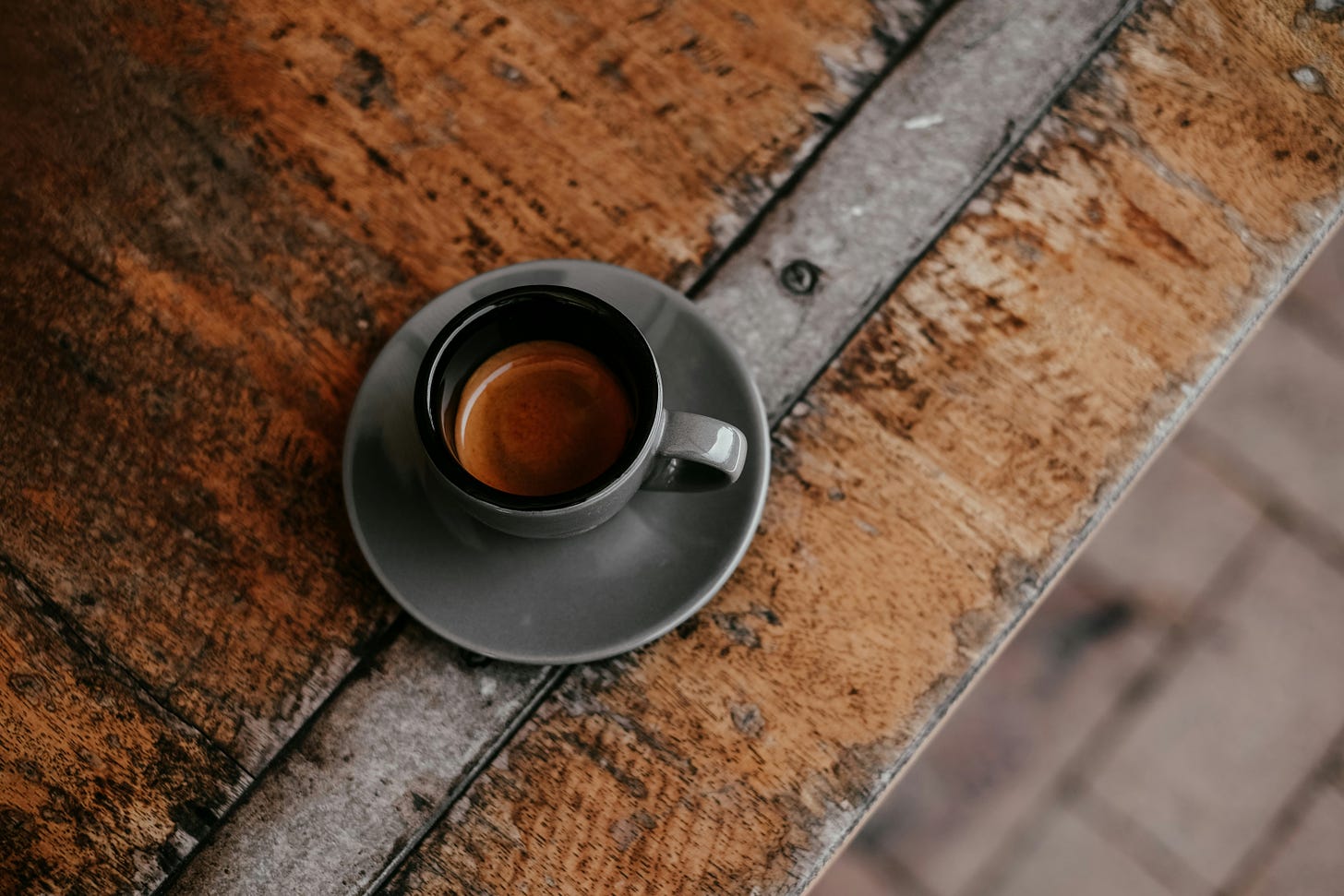As the world burns through its climate targets, scientists are predicting that coffee as we know it will end by 2050 or sooner.
We’re currently in a shortage.
Inflation took center stage during the U.S. election, and yet both candidates somehow dodged the climate connection. As The Financial Times covered earlier this year, hot weather and drought have beaten countries like Brazil and Vietnam, which together grow more than half the world’s beans.
According to Euro News, Brazil has been dealing with “one of its worst droughts in decades,” with farmers anticipating a 20 percent decline in production this year alone. A September story by the Associated Press confirmed that severe weather has driven coffee prices up nearly 50 percent, and drought has already started to upend next year’s crop. According to NASDAQ, Vietnam has also seen a 20 percent drop in production. The biggest coffee-growing regions are getting anywhere from half to a third of their average rainfall. (For some reason, coffee industry heads are still predicting a surplus. Go figure.)
European countries have started “building up their stocks” as a result. As the Times goes on to report, “Hedge funds and other speculators have piled into bets on Arabica prices rising,” making things worse.
Of course, they would do that.
Maybe it sounds trivial to think about coffee at the end of the world, but there’s a reason. So often, climate scientists and protestors get caught up in big abstract ideas about what the collapse of our planet will look and feel like. Most people can’t wrap their heads around something like that. You have to hit them in the kitchen. It also feels important on a personal level to sit for a minute or two and brace ourselves for a world without coffee. And if you’re not a coffee lover, imagine something else you assumed would always be there.
Because it’s coming…
On average, Americans spend a thousand dollars on coffee every year and drink more than 140 billion cups. It has become a staple of capitalism, helping everyone stay awake and alert or providing them a moment of comfort in an otherwise brutal system of exploitation. Coffee chains have come to symbolize American entitlement. For example, Starbucks has recently revamped their coffee shops to meet a new “four-minute goal,” meaning that a barista must hand-deliver your order with a bright smile in four minutes or less, no matter how complicated it is. As their new CEO has said, “We have to make it easier for our customers to get a cup of coffee… We’re going to be maniacal about getting after it.”
I’m sure baristas can’t wait to get maniacal.
Once again, corporations have turned something we love into yet another means to profit, and in doing so will wind up killing it.
For the less greedy of us, coffee has played an important role in our culture and our individual lives. Psychologists have found that the smell of coffee itself boosts attention and memory, and it can also produce dopamine and serotonin. It’s a way to feel good when the world doesn’t. They’ve also discovered that coffee actually contains serotonin, which regulates our emotions. The more you roast your coffee, the more you increase the serotonin levels. It also contains tryptophan, an important precursor for serotonin and melatonin. Studies have found that one cup of coffee can increase serotonin levels in rats up to 100 percent. They’ve also found that coffee stimulates dopamine levels through a variety of methods. It’s no wonder why so many people turn to it when they feel like crap.
Coffee is there for you.
For those of us who already have a good sense of what’s at stake, it’s worth thinking about the little things every now and then. It’s not just the end of the world. It’s the end of coffee. Can we even prepare for that?
Let’s talk about it.





